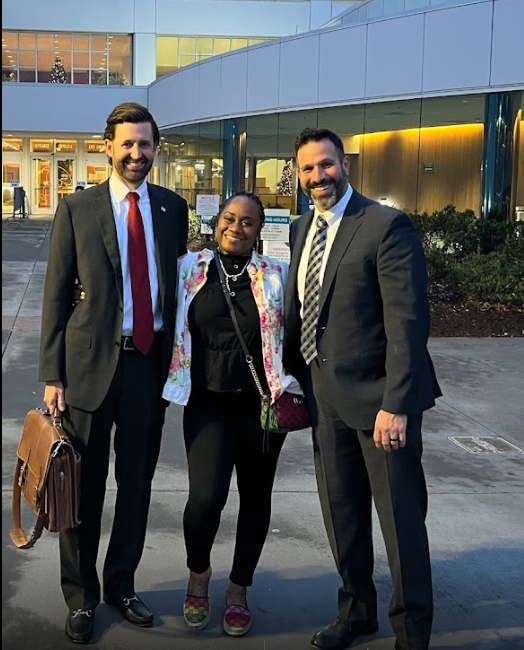
Following a car wreck, you might be swamped with a flurry of tasks—medical visits, car repairs, and possibly, conversations with insurance companies. One critical component that often surfaces during this post-accident chaos in Georgia is the request for a recorded statement. This blog aims to navigate the complexities surrounding recorded statements after car wrecks, specifically tailored for the Georgia resident.
Recorded statements can significantly influence the outcome of insurance claims and legal proceedings after a car wreck. These statements are verbal records of what happened before, during, and after the accident, from your perspective. They’re crucial for insurance companies to assess liability and for attorneys to build their cases.
In Georgia, there’s no hard and fast rule about when to give a recorded statement. However, it’s generally advisable to consult with a legal advisor before proceeding. This is especially true if the accident involves substantial damage, injuries, or if the circumstances surrounding the accident are complex.
Without proper preparation, providing a recorded statement can be akin to navigating a minefield. Common pitfalls include:
Before giving a recorded statement, take these steps to prepare:
Georgia’s legal perspective on car wrecks encompasses comparative fault, statute limitations for filing a claim, and specific rules about reporting accidents. For instance, Georgia law requires any accident with significant damage or injuries to be reported. Understanding these nuances can be pivotal when preparing your statement.
Consider the case of John Doe from Atlanta, who was involved in a wreck near the Georgia State Capitol. After his recorded statement accurately detailed the other driver’s failure to stop at a red light, insurers awarded him full damages. Contrastingly, Jane Doe from Marietta did not prepare adequately for her statement post-accident near Stone Mountain and inadvertently admitted partial fault, significantly reducing her compensation.
The location of your accident can influence the details of your statement. Accidents occurring near prominent landmarks or high-traffic areas like Downtown Atlanta or the busy intersections around Stone Mountain Park might have additional considerations—like higher pedestrian activity or specific local traffic laws.

Navigating recorded statements after a car wreck in Georgia requires a delicate balance of honesty and legal savvy. Before providing a statement, consult with a professional who understands the intricacies of Georgia’s legal landscape.
Has this situation become a reality for you? Contact our experienced Georgia car wreck attorneys today for personalized advice tailored to protect your rights and maximize your claim’s success. Fill out our contact form or call us now for a free consultation.